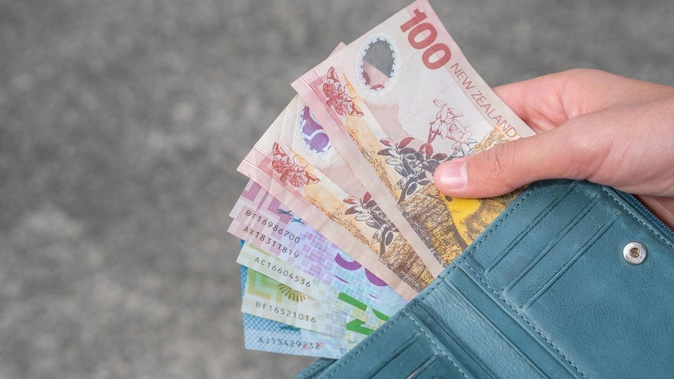
By Soumya Bhamidipati of RNZ
Despite soaring living costs and inflation, fewer New Zealanders are withdrawing their KiwiSaver funds because of financial hardship.
The latest figures from Inland Revenue showed in the last financial year to June 15,970 people took money out of their KiwiSaver to help cope with tough times.
That was about 6000 fewer than the previous year and almost on par with 2018 before the pandemic began.
However, economist and poverty researcher Susan St John said that may be about to change, with the number of financial hardship withdrawals already creeping up since June.
“This suggests that we’re starting to move into less favourable economic territory and, of course, next year as we face this recession, it’s likely that things are going to get tougher,” St John said.
People could get their money out of KiwiSaver for a number of hardship reasons, including not being able to pay a mortgage, being unable to cover minimum living expenses, or needing to pay medical costs.
ANZ Funds Management managing director Fiona McKenzie said it was possible withdrawal numbers would start going up.
While the numbers the provider was seeing were slightly down at the moment, more people had been asking about withdrawing money because of hardship.
“We have been seeing a slight increase in the number of calls inquiring about the hardship withdrawal process, but again it’s not translating into a large volume of withdrawals.”
But do the falling numbers of people getting approved to take their money out also mean there are fewer applying?
That is a hard question to answer, because there is no centralised place where that data is collected.
Disputes resolution agency Financial Services Complaints chief executive Susan Taylor said there had been a 20 per cent drop in complaints from people who had had their KiwiSaver hardship applications declined.
“The fact that our numbers have dropped would suggest that a possible answer is because more are being approved,” Taylor said.
“So that people aren’t having to then come to us, as the disputes resolution service, with a complaint.”
The bar for approval had deliberately been set high, because KiwiSaver should only be withdrawn a last resort, she said.
“If they’re struggling to pay debt, I’d encourage people to think about getting some help from a budget advisor, a financial mentor, there’s a service called MoneyTalks that people can call, it’s a free service, before having to resort to their retirement savings.”
Further figures from IRD showed the number of people who had taken a savings holiday because they were feeling the pinch had also dropped - falling from 1236 at June 2021 to 1030 by June this year.
However, it was likely others are also redirecting retirement savings towards daily living costs, because people who have had KiwiSaver for more than a year do not need to specify the reason they are pausing contributions.
It comes after a stark warning from the Retirement Commissioner yesterday saying a comfortable retirement was no longer a sure thing, with fewer people owning their house, and many struggling to afford food and rent.
Take your Radio, Podcasts and Music with you









